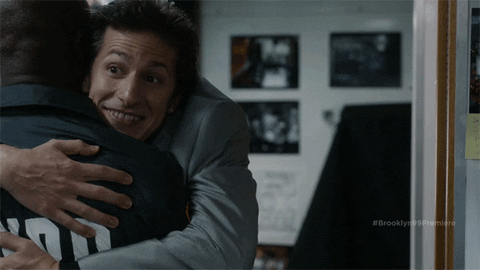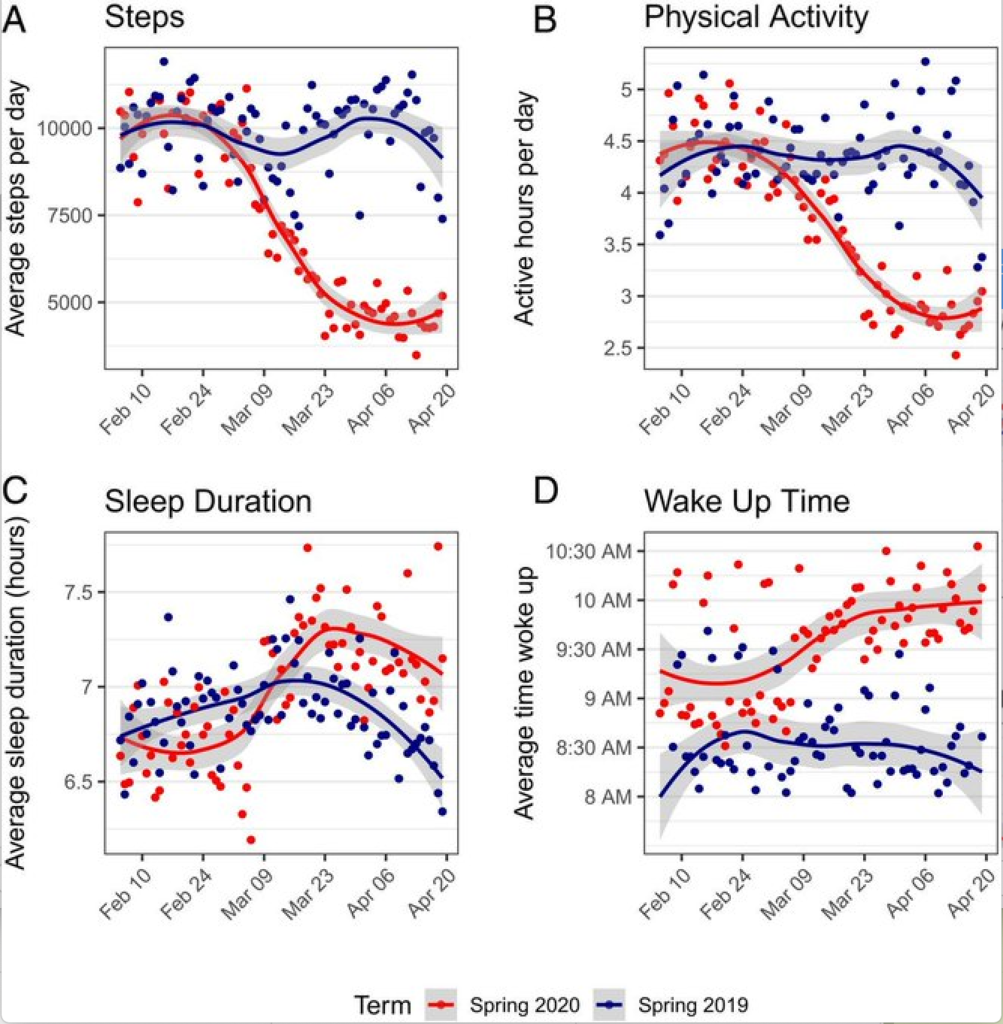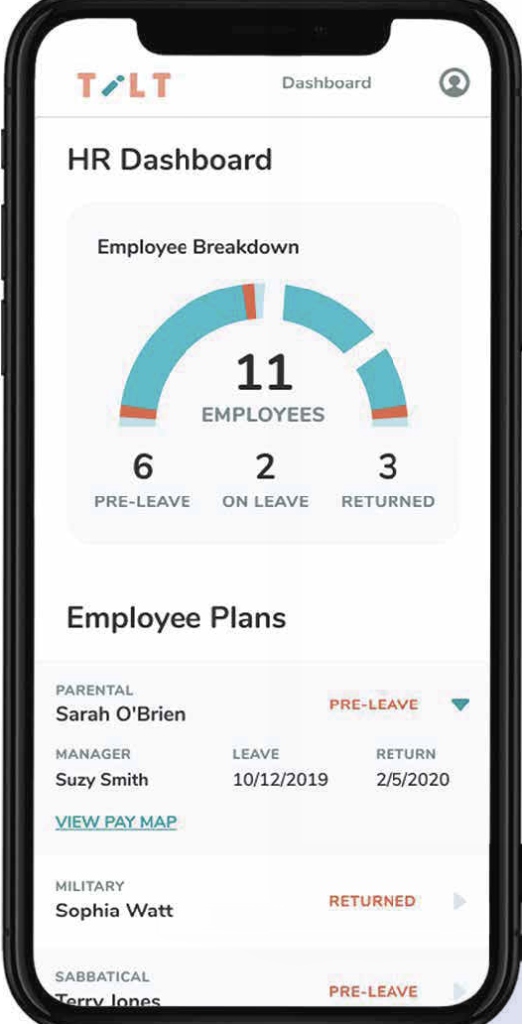I read a statistic the other day that said on average a person works about 6 hours per day, Monday through Friday. The number of hours worked per day has actually decreased during the pandemic. It’s interesting because when you ask people how many hours per day they work almost all would say at least 8, or more.
But, do we really “work” eight hours per day?
Prior to the Pandemic when most people went into an office, you definitely “worked” at least eight hours most days. Or at least you were present in your office environment for eight hours. How much work you actually did during that time varies widely!
The Pandemic hits and people work remotely and we begin to hear a different narrative around work. The conversation switches from “hours” to what actually got done. Let me be clear, this should have always been the conversation, but culturally we still have so much “asses in seats” management going on it was tough to break through.
When people started “working” remotely they began to have the flexibility to integrate all of their life at one time. No longer did you have to shut down one part of your life to go to work. You could now seamlessly start a load of laundry on the way to fill up your cup of coffee and still make it back in time for the beginning of your sales Zoom meeting. It all just kind of made sense, for those who could do it.
All of this now makes “The Dance” we do in the office seem a bit silly!
I’ve always been a giant fan of set solid productivity goals and if someone hits those goals, I could care less if it takes them 10 hours a week or 60 hours a week. You make life decisions on how you work at the office, at home, etc. If you are super productive and kick out your job in 32 hours a week, but still get paid a full salary, you’re winning the game! If it takes you 50 or 60 hours a week to complete your job, you need some development to help you, or to find a new job/career!
You show up at the office at 8 am, dink around a bit, catch up with co-worker-friends on what happened in the 12-16 hours since you saw them last, do some stuff until lunch, do some more stuff, wait until 5 pm, then run off to do life stuff. Rinse, lather, repeat. The Dance is never-ending.
But something cool happened during the Pandemic and now everyone wants to dance a different dance! It’s not that everyone wants remote. If you say that out loud, just know I’m judging your intelligence! Everyone doesn’t want to work full remote. A lot of people love working with others and seeing them face-to-face, many on a daily basis! You might not like your co-workers, company, job, etc., but actually, most people do.
The New Work Dance is really about finding ways to add in some flexibility.
A little bit goes a long way! “Yeah, but Tim, our jobs don’t allow flexibility! We open the doors at 7 am and customers start coming and we need our workers there!” Yep, I get that. You can’t have someone make coffee at home for customers who come to your location to buy coffee! But that doesn’t mean you can treat your employees like adults and allow for some flexibility.
Let me share an example. I have a friend who manages a retail chain. She’s a really good manager. A single mom who works her tail off to make ends meet. Her child is starting to play sports and on Saturday mornings for an hour, she wanted to go watch him. She was told she couldn’t have every Saturday off, so she would have to miss some games. She said I don’t want to take off every Saturday. I’ll come in, open up, run over to the game, run back, and the other workers said they’ll cover for me. Adults working out a solution.
What happened? You know! Nope, you can’t do that, because if we allow you, then everyone will want to start doing stuff like that!
Yes!!! They will, and if it works out, fine, that’s okay! Adults being adults, making adult decisions and solutions. Let them Dance! Find ways to give them a bit of flexibility in a mostly inflexible world. They’ll be happier, perform better, feel good about working for you, etc.
Will it always work out? No. Real-world, some folks will take advantage of the situation and those are the people you don’t want working for you. But, we have to change the dance. We have to find more dances that work for more people. We will not find one for everyone, but we can find more.
My hope is the Pandemic taught us one thing. This dance we call work is a fraud. 8 hours, 40 hours, whatever it is, it’s not about time, it’s about results, it’s about getting a job done well. I want to hire people who think about how to get the job done well in less time verse hiring people who want to show up and dance for forty hours a week.







